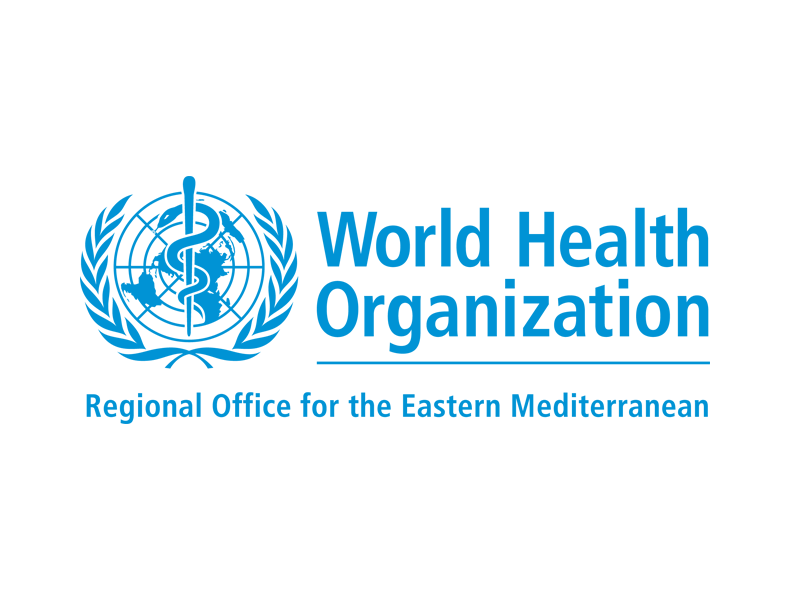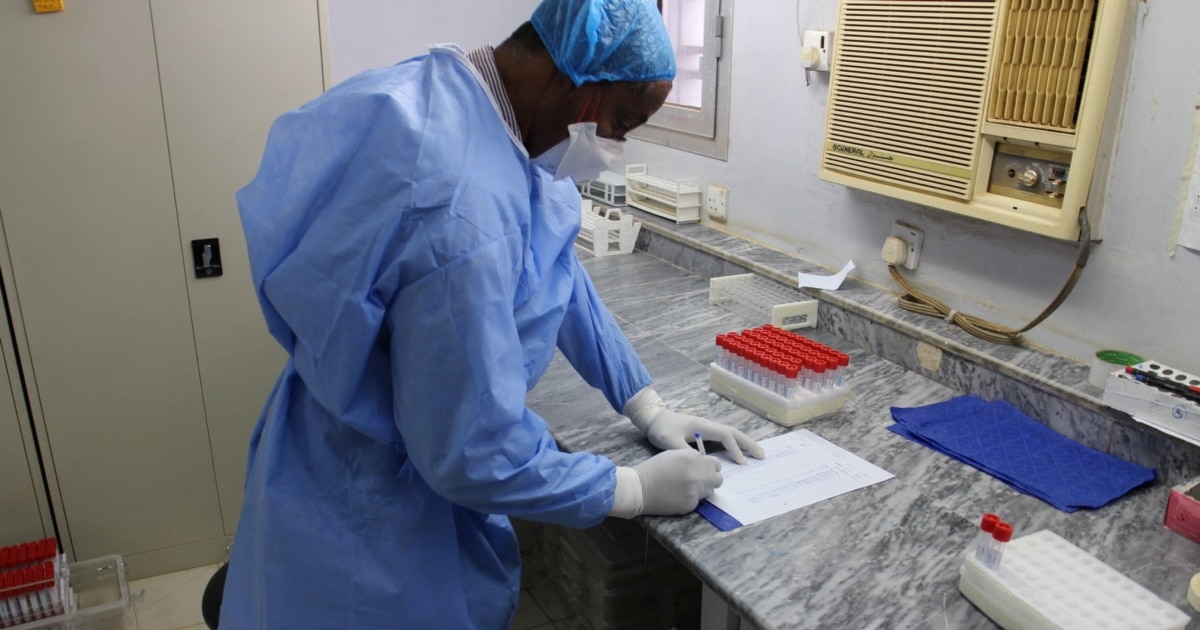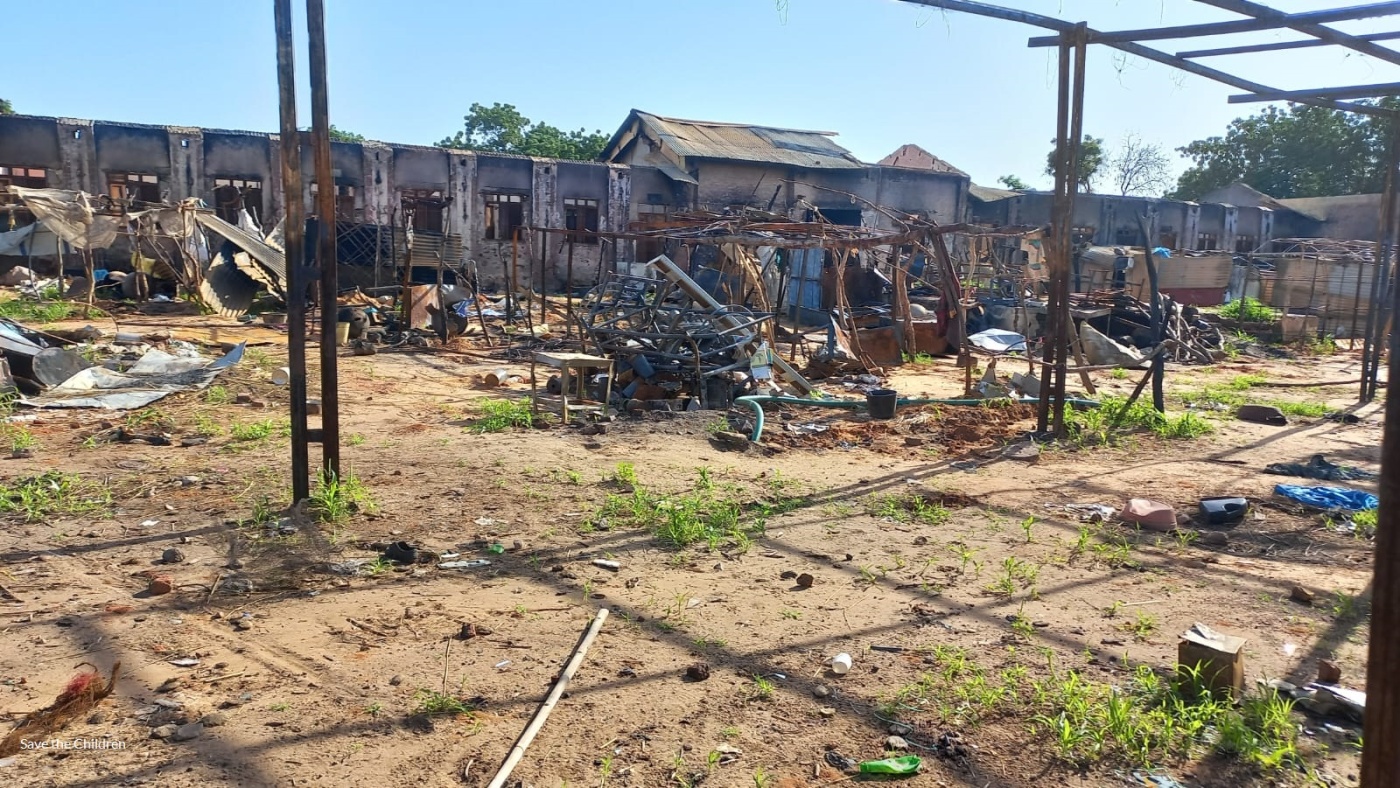Published April 26, 2023 6:30pm EDT
Sudan lab takeover by fighters does not 'dramatically change the existing health threat posture': US official
Sporadic gunfire broke out in Sudan despite a 72-hour truce
A U.S. official said on Wednesday that the takeover of a national health lab by Sudanese fighters does not "dramatically change the existing health threat posture," pushing back against a warning from the World Health Organization that the seizure poses "a huge biological risk."...A U.S. official familiar with the matter said on Wednesday that it is "clearly" not a good situation, but downplayed the WHO's assessment.
"The National Public Health Laboratory in question is the Sudanese’s reference lab for its health system. This means the pathogens stored there are already in the population (e.g., TB, COVID, Cholera). Therefore, medical and intelligence experts assess at this time the current situation does not dramatically change the existing health threat posture," the official said.
"There is also at this time no assessed tie between the looters and terrorist organizations; nevertheless, we continue to track the situation with allies and partners."... https://www.foxnews.com/world/sudan-...��
https://www.foxnews.com/world/sudan-...��
Sudan lab takeover by fighters does not 'dramatically change the existing health threat posture': US official
Sporadic gunfire broke out in Sudan despite a 72-hour truce
A U.S. official said on Wednesday that the takeover of a national health lab by Sudanese fighters does not "dramatically change the existing health threat posture," pushing back against a warning from the World Health Organization that the seizure poses "a huge biological risk."...A U.S. official familiar with the matter said on Wednesday that it is "clearly" not a good situation, but downplayed the WHO's assessment.
"The National Public Health Laboratory in question is the Sudanese’s reference lab for its health system. This means the pathogens stored there are already in the population (e.g., TB, COVID, Cholera). Therefore, medical and intelligence experts assess at this time the current situation does not dramatically change the existing health threat posture," the official said.
"There is also at this time no assessed tie between the looters and terrorist organizations; nevertheless, we continue to track the situation with allies and partners."...








Comment